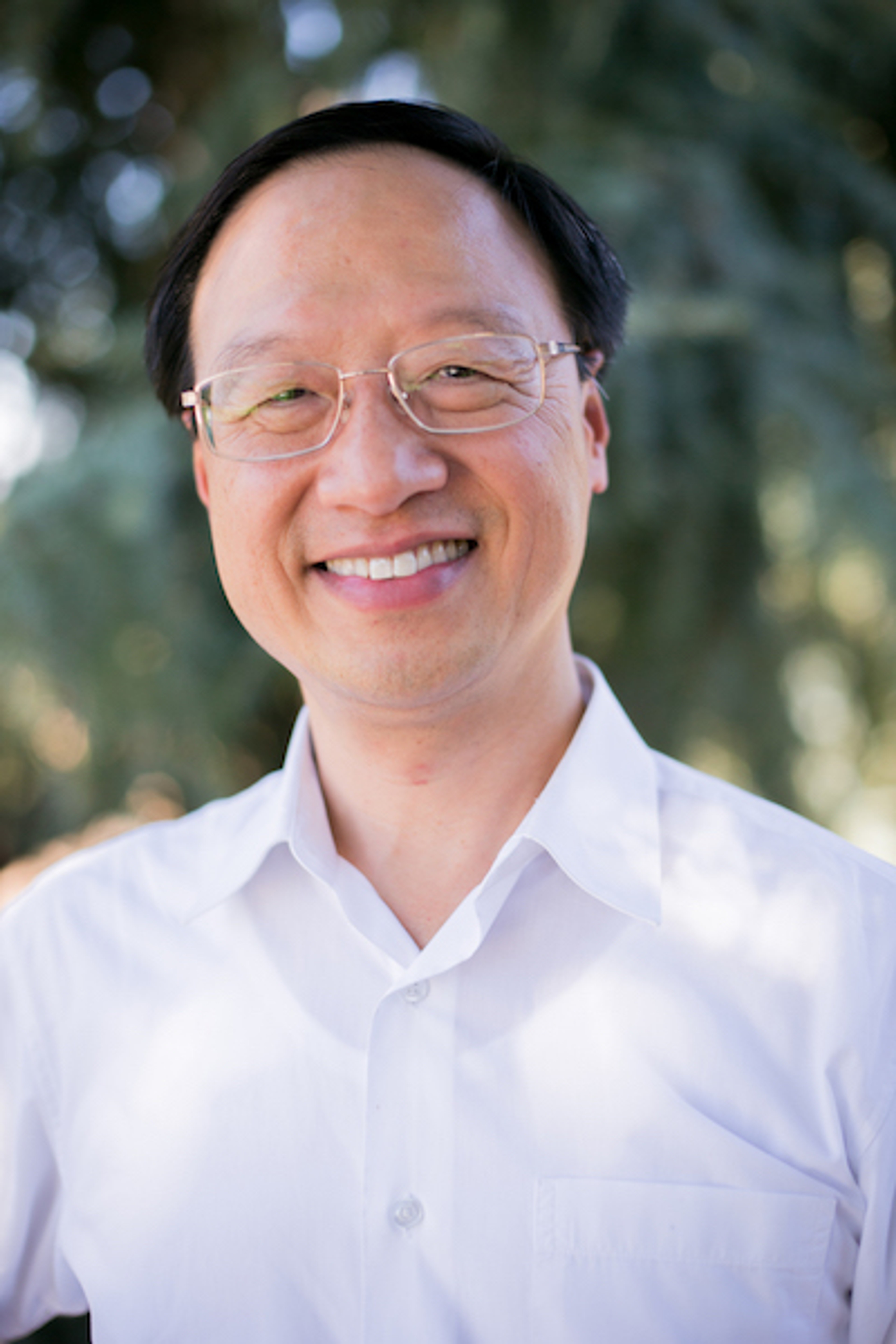Yi-Huah Jiang

Yi-Huah Jiang received his BA and MA degrees from the National Taiwan University and his PhD in political science from Yale University. He previously taught political philosophy at the department of political science at National Taiwan University. From 2008 to 2014, he served as minister of research and evaluation commission; as minister of the interior; as vice premier; and finally as the premier of Taiwan. He is now a senior advisor to the president of Taiwan. Jiang’s academic interests lie in political philosophy, democratic theory, general education, and Taiwanese politics. He is the author of Liberalism, Nationalism and National Identity (1998) and Essays on Liberalism and Democracy (2000). He earned Distinguished Teaching Award from National Taiwan University and Distinguished Research Award from the National Science Council of Taiwan in 2002. During his public service years, Jiang launched the master plan to streamline the central government; enhanced the welfare benefits for the poor and the physically or mentally challenged people; facilitated the development of e-commerce and social enterprise; increased the national income per capita and reduced the unemployment rate; revised the capital gains tax to create a fairer society; implemented the K-12 education reform as well as the vocational education reform; and passed a series of strict regulations regarding environmental protection. During his Berggruen Fellowship year at CASBS, Yi-huah Jiang will reflect on how social harmony and individual freedom can be reconciled in modern society from the perspectives of both comparative political philosophy and public policy. He thinks this question is particularly pressing in East Asian countries where conventional norms that tend to promote patriotism and solidarity at the cost of individual autonomy are undergoing structural transformation.